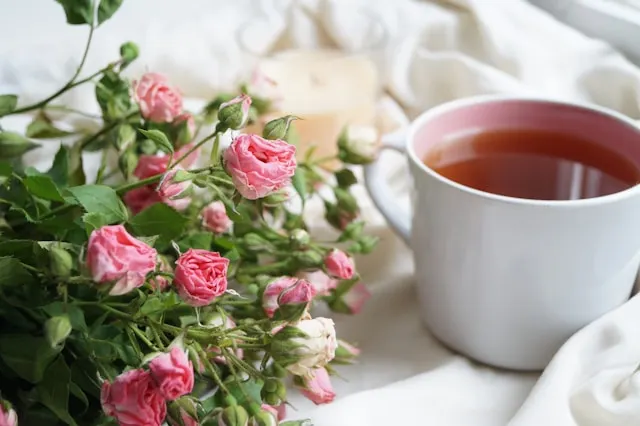Jamaican rose tea is a very popular beverage in our country for its flavor and ease of preparation. Learn about its benefits, properties, and healing effects.
Drinking a cup of rosehip tea while you rest is a perfect way to unwind. However, this infusion has several benefits worth exploring.
Pharmaceutical chemist Maricelys Rodríguez defines it as a plant belonging to the Hibiscus genus that can be used to decorate gardens, parks, and streets. However, it is also suitable for human consumption and is quite popular in our country.
According to Rodríguez, one of its main uses is as a diuretic, although its benefits vary depending on the type of hibiscus.
Overall, it’s one of the most popular home remedies due to its affordability and versatility, as it can be combined with other herbs and spices.
What is hibiscus rose tea used for?
Rosehip tea can be consumed as a beverage. Due to some of its healing properties, it is also considered a popular home remedy, although it does not replace medication recommended by your doctor.
According to nutritionist Fernanda Alvizures, these are its general properties:
- It contains phenolic compounds, including anthocyanins, which have a vasodilatory effect, and are beneficial for hypertensive people who have mild or moderate cases of high blood pressure.
- It is an antioxidant, which reduces free radicals and oxidative stress, which allows us to prevent cardiovascular and other diseases.
- Studies claim that it allows us to reduce triglycerides and LDL cholesterol, known as bad cholesterol .
What are the benefits of drinking hibiscus rose tea?
Naturopath Leticia Rodríguez highlights the digestive, diuretic, and hypotensive benefits of rose hips. In other words, the specialist emphasizes that rose hips help regulate blood pressure, digestion (when drunk in the morning), and kidney function. It also helps reduce cramps.
Rodríguez points out that it’s such a noble plant that it doesn’t have many contraindications, although it’s generally recommended to combine it with other ingredients such as cinnamon, cloves, or even grated ginger to enhance its benefits.
According to the naturopath, these are some combinations that can be prepared to better take advantage of the medicinal properties of rose hips:
- Rosehip with allspice. Excellent for digestion and colic problems, and especially for kidney problems.
- Rosehip with cinnamon, allspice, and lemon. It can be used as a soft drink and to neutralize the effects of lemon, as it alone can significantly lower blood pressure. It also helps strengthen the immune system.
- Rosehip with grated ginger. This combination takes advantage of the healing benefits of both ingredients, although it’s not recommended to cook the ginger; instead, add it raw.
- Rosehip, cinnamon, allspice, and pineapple peel. This helps strengthen our respiratory system thanks to the bromelain found in pineapple peel .
According to the specialist, you can consume a liter of this infusion daily to obtain its benefits.
Contraindications
It’s advisable to consume this tea in combination with other ingredients such as cinnamon and cloves to neutralize the freshness of the rose hip, according to naturopath Rodríguez. Additionally, if you suffer from constipation, it’s advisable to add panela to the tea to make it more palatable.
According to Alvizures, if you are taking medication to lower your blood pressure, consult your doctor before using it to avoid any interactions. He also recommends avoiding sugar if you want to take advantage of its benefits and instead using other ingredients, as indicated above.
In general, it is recommended that you consult a specialist if you suffer from any chronic illness, are taking medication, or simply want to make changes to your diet so they can guide you in the best way.

